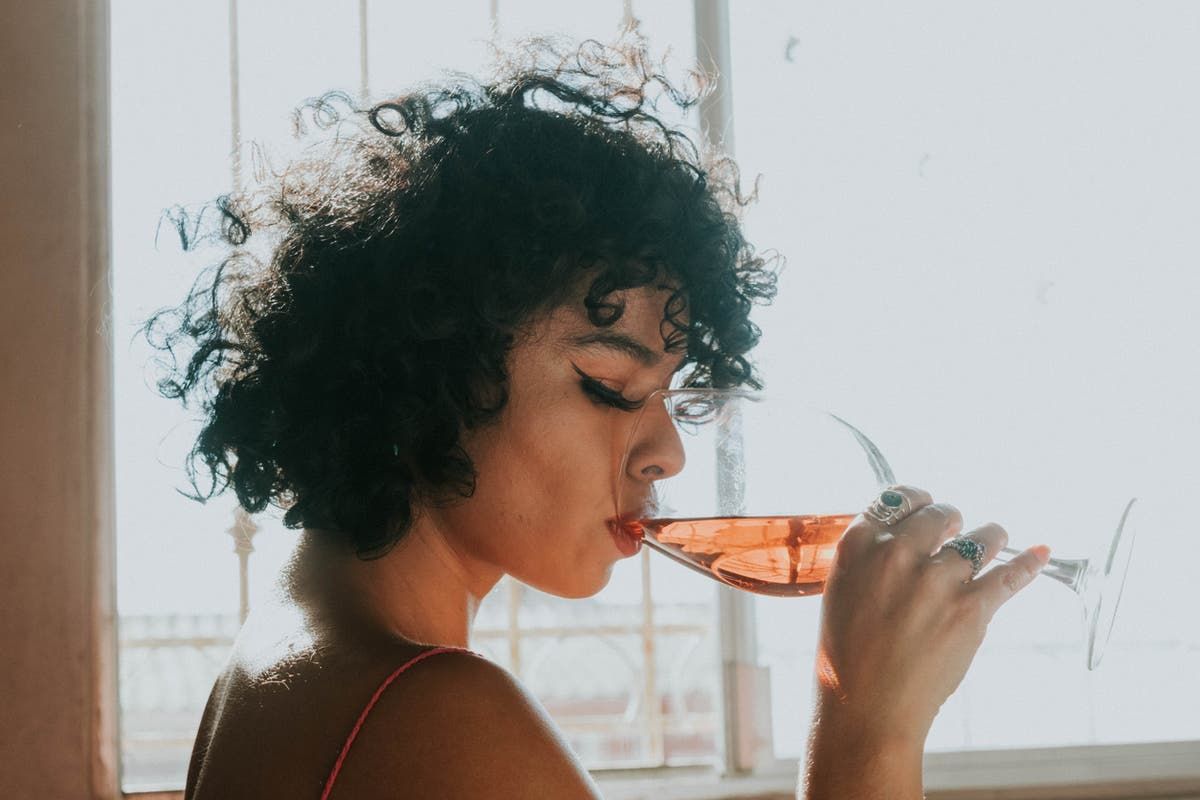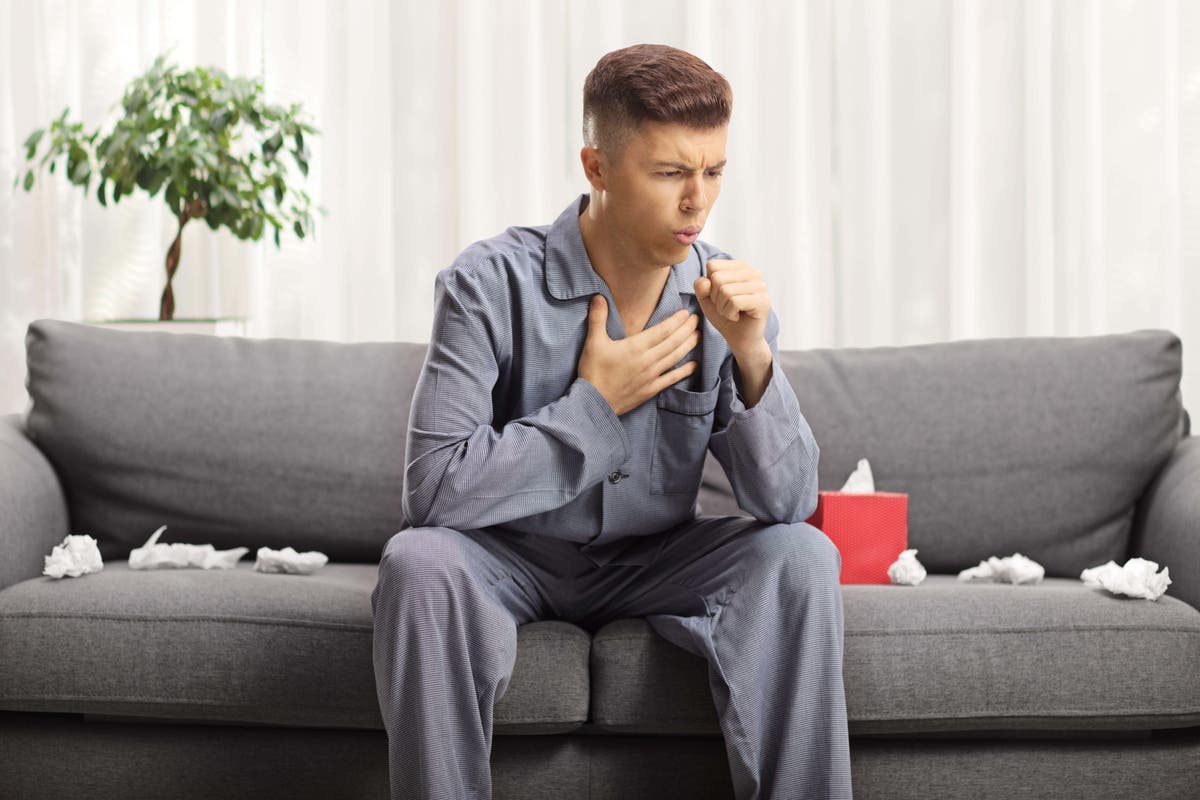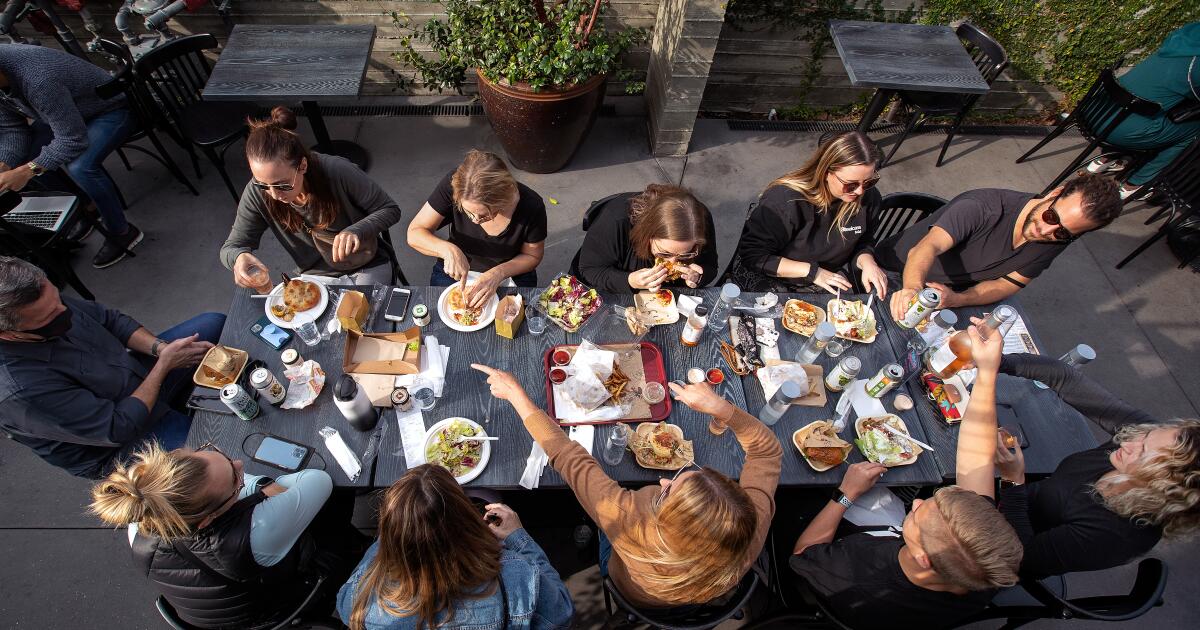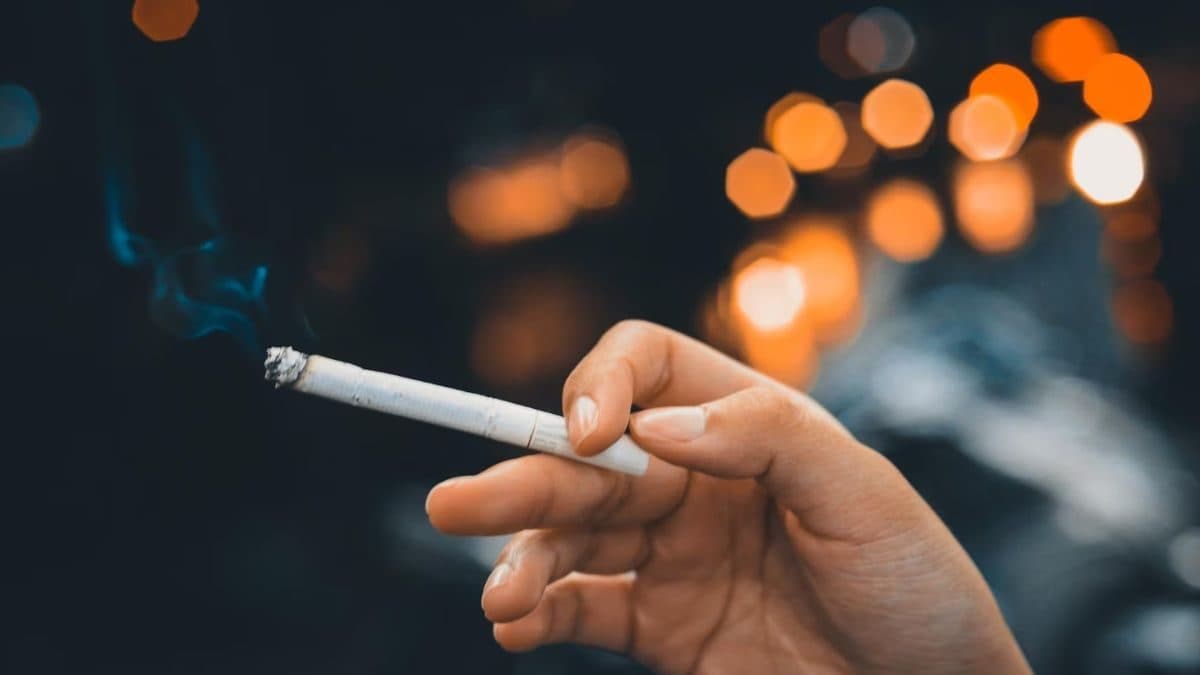Your support helps us tell the story.
In my reporting on women's reproductive rights, I have witnessed the critical role that independent journalism plays in protecting freedoms and informing the public.
Your support allows us to keep these vital issues under the spotlight. Without your help, we would not be able to fight for truth and justice.
Every contribution ensures that we can continue reporting on the stories that impact lives.
Kelly Rissman
US News Reporter
IThe scene goes something like this: A girl is sitting by an open kitchen window with her feet in the sink. The door is closed; her cat is curled up on the other side, meowing occasionally in concern. She has a cigarette dangling between the fingers of one hand. The other is curled around her third glass of wine of the night. Piano music is playing, accompanying the girl's despair. She is alone. She is crying. She is drunk.
It sounds like something out of a failed Bridget Jones movie. And yet, it was, for a while, something I played regularly. I say played because that was what I was doing: playing the role of the sad, lonely (but stylish!) girl, one who had clearly spent too much of her youth watching Sex in the city and trying to cosplay Carrie Bradshaw. But I really did that a lot, particularly during the pandemic when drinking became almost a daily occurrence, and in the years that followed.
What I mean is that I used to drink at home, and although I don't anymore, I was reminded this week how much I did when I read that only 27 per cent of 18-24 year olds in the UK own a corkscrew. Translation: young people today don't drink wine at home (or corked wine, at least). To put it all into perspective, 81 per cent of over-65s own a corkscrew, according to Lakeland's annual trends report.
In part, this reflects the contemporary shift toward sobriety among Gen Z, which is far more likely to abstain from drinking altogether: Nielsen data from last year showed that 45 percent of members of that cohort who are over 21 said they had never drank alcohol. Wine faces a particular decline: Global consumption fell 2.6 percent last year, hitting the lowest levels since 1996, according to the International Organization of Vine and Wine.
Meanwhile, in December, a millennial sommelier went viral on TikTok after asking her followers why they didn’t drink wine. The clip, which racked up more than 1.6 million views, included comments from people pointing out the high costs, health risks, and other forms of fun, like mocktails. It’s a shame, in a way, and not just because the best wine tends to come with a cork rather than a screw-top. It also feels like a loss, as if we’ve all collectively decided to have a little less fun and indulge in fewer manic, solipsistic episodes.
My habit of drinking wine at home came about during the first lockdown, when I found myself seeking out thrills wherever I could find them. At first, it was through a wine delivery service where you could mix and match several high-quality bottles (six for £45!). I would drink my wine in the evenings in front of the TV and feel sorry for myself until I started to feel drunk. The idea of drinking a bottle of Sancerre in front of a collection of wines may sound like a millennial ideal, but the reality is that you often end up feeling a bit sad and, later, quite bewildered when you try to go to bed. After a night of drinking at home, I would wake up the next day feeling even more self-pitying and vowing not to drink that night.
But by 6pm I was already drinking, and I considered it an artistic choice because it was also around this time that I started writing my first book. I was writing by candlelight in the garden shed with a glass of pinot noir next to my laptop, thinking much more about the highly Instagrammable aesthetic of it all than the actual writing. I know, I know.
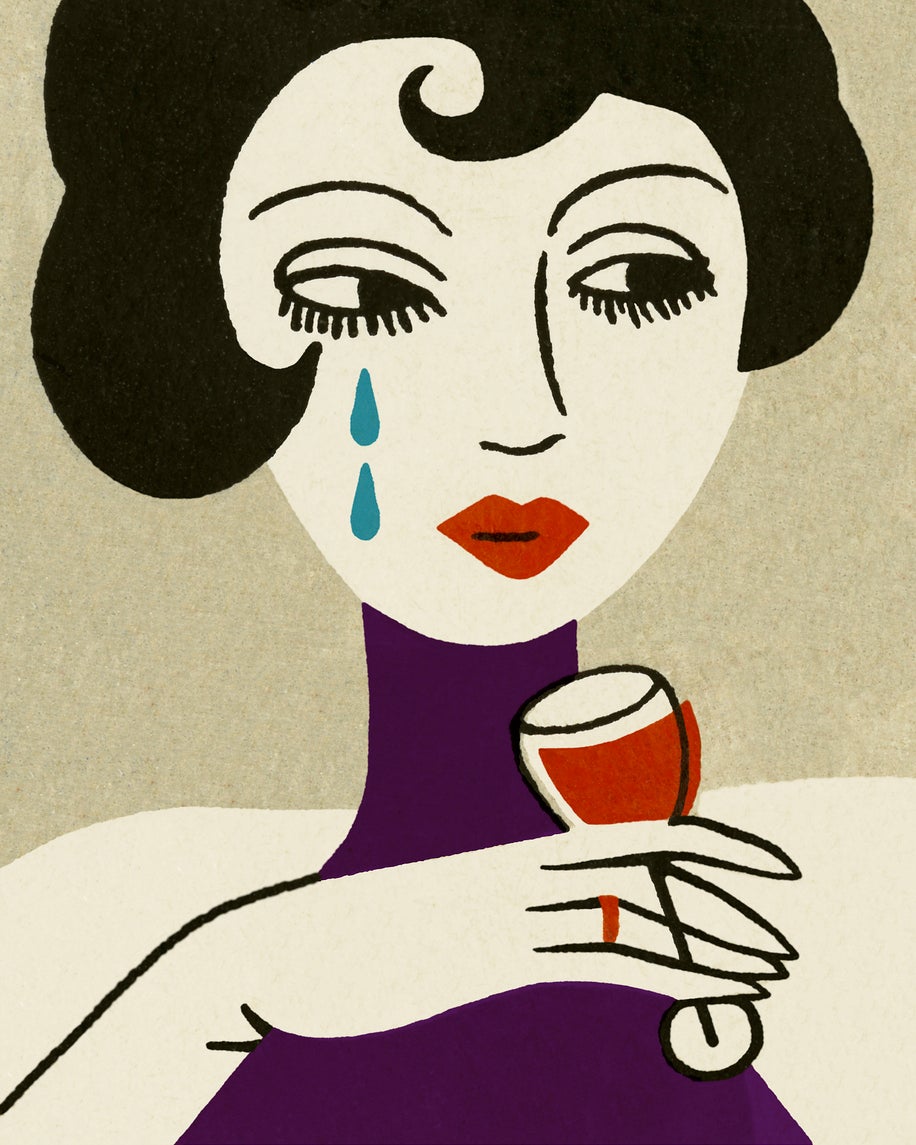
The wine delivery box turned into nightly visits to my local wine shop. I would go in with my housemates and we would peruse the shelves until we found a bottle we liked and could imagine drinking together in our kitchen. When summer came and restrictions eased, this turned into rosé wine which we shared at picnics in our local park. We were all on a first name basis with the wine shop owner.
Fast forward a few years and we have the sad smoking lady for whom drinking wine at home had become a clear indication that something was wrong. I did it if I had had a rough day at work, or if I had had an argument with a friend, or if I was just feeling a bit down. My usual go-to was to buy a nice bottle of wine and enjoy it in the solitude of my own home (usually accompanied by a cigarette). The romance of it all was quite fun for a while, but it soon became clear that it was not a healthy habit, nor one that made me feel better.
If anything, it made me feel worse and pointed to several absences in my life: of a partner, of friends to drink with that night, and of something deeper inside me that I couldn’t seem to fill with malbec, no matter how hard I tried. So I stopped drinking and made a firm rule of not drinking at home. The only exception is when I have friends over, which, by the way, is something that also seems to happen a lot less than before. Can anyone imagine the death of the dinner party?
For me, drinking at home is often a sign of sadness of some kind. It’s a defeat. Maybe it’s just me and my association with alcohol. But if I’m going to continue drinking alcohol (which I do, for now), I want to make sure it’s a joyful experience, not a depressing one. And that means doing it out in the world, surrounded by friends, sharing silly anecdotes at crowded pub tables. Because the Bridget Jones image I’d created was never as romantic as it might have seemed; it was just a bit bleak.

